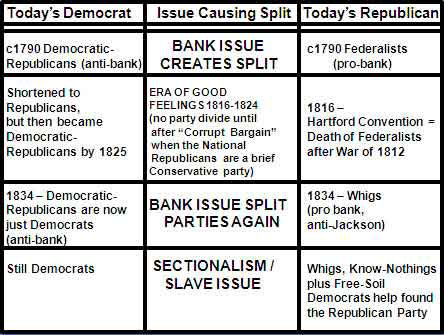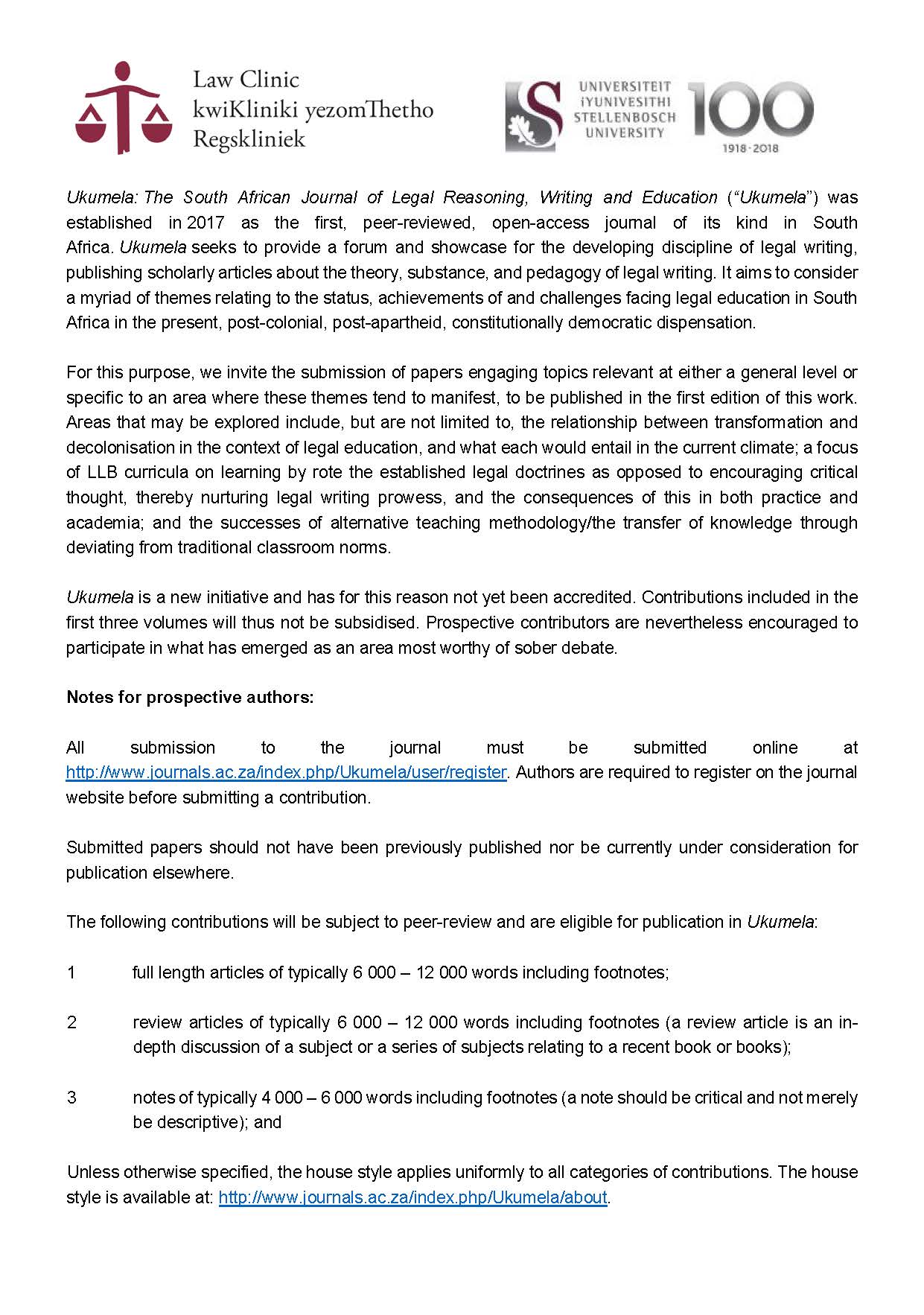The Big Three — Programming and Data Structures 0.1-alpha.
Conversion as if by assignment. In the assignment operator, the. The arguments of the following arithmetic operators undergo implicit conversions for the purpose of obtaining the common real type,. are never implicit and require a cast operator.
User-defined conversions are not considered by the is and as operators. Use the cast operator () to invoke a user-defined explicit conversion. Use the operator and implicit or explicit keywords to define an implicit or explicit conversion, respectively. The type that defines a conversion must be either a source type or a target type of that.

Overloading the assignment operator.. By checking if the address of our implicit object is the same as the address of the object being passed in as a parameter, we can have our assignment operator just return immediately without doing any other work.. In order for this to work though the object have to exist otherwise you can't replase.

The copy assignment operator is also a special function and is also defined implicitly if a class has no custom copy nor move assignments (nor move constructor) defined. But again, the implicit version performs a shallow copy which is suitable for many classes, but not for classes with pointers to objects they handle its storage, as is the case in Example5.

In mathematics and computer programming, the order of operations (or operator precedence) is a collection of rules that reflect conventions about which procedures to perform first in order to evaluate a given mathematical expression. For example, in mathematics and most computer languages, multiplication is granted a higher precedence than.

The move assignment operator selected for every non-static class type (or array of class type) member of T is trivial A trivial move assignment operator performs the same action as the trivial copy assignment operator, that is, makes a copy of the object representation as if by std::memmove. All data types compatible with the C language (POD.

For non-union class types (class and struct), the move assignment operator performs full member-wise move assignment of the object's direct bases and immediate non-static members, in their declaration order, using built-in assignment for the scalars, memberwise move-assignment for arrays, and move assignment operator for class types (called non-virtually).

Resolution of operator methods is done over the union of accessible operators of the types used in the operation (note this includes inherited operators). For an operation involving two different types A and B, if type A has an implicit conversion to B, and B has an implicit conversion to A, an ambiguity will occur.

Bitwise assignment operators. C provides a compound assignment operator for each binary arithmetic and bitwise operation (i.e. each operation which accepts two operands). Each of the compound bitwise assignment operators perform the appropriate binary operation and store the result in the left operand.

Implicit conversions are performed whenever an expression of some type T1 is used in context that does not accept that type, but accepts some other type T2, in particular:. When the expression is used as the argument when calling a function that is declared with T2 as parameter.; When the expression is used as an operand with an operator that expects T2.

First, you should understand that if you do not declare an assignment operator, the compiler gives you one implicitly. The implicit assignment operator does member-wise assignment of each data member from the source object.If you are having any dynamic memory allocation data,we have to provide assignment operator otherwise compiler will take care.

The C language standard doesn't specify operator precedence. It specifies the language grammar, and the precedence table is derived from it to simplify understanding. There is a part of the grammar that cannot be represented by a precedence table: assignment is never allowed to appear on the right hand side of a conditional operator.

The move assignment operator is called whenever it is selected by overload resolution, e.g. when an object appears on the left-hand side of an assignment expression, where the right-hand side is an rvalue of the same or implicitly convertible type.



